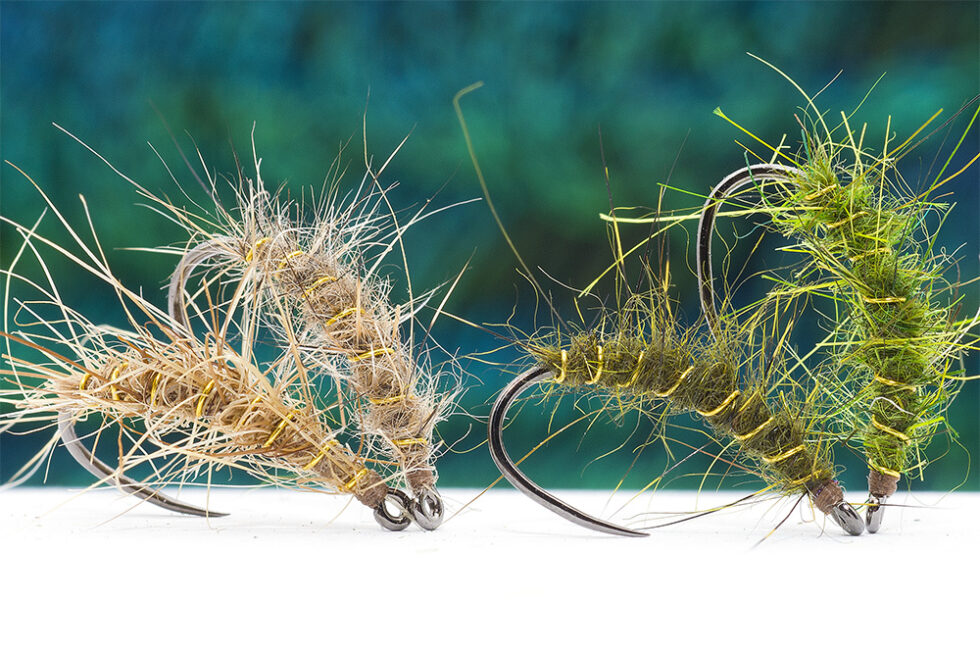
Here is a short article about natural dubbing texture. I made a few photos with the same fly tied with different dubbing. To try to keep the same tying conditions I just dubbed the fur on tying thread and I did not use wax.
I used Demmon G602 in size #12 for all flies and Uni Thread in Camel color in size 8/0 unwaxed. The fly is a simple gammarus efficient all over. Because is not a “complicated” fly, unfortunately is not popular between fishermen 🙂
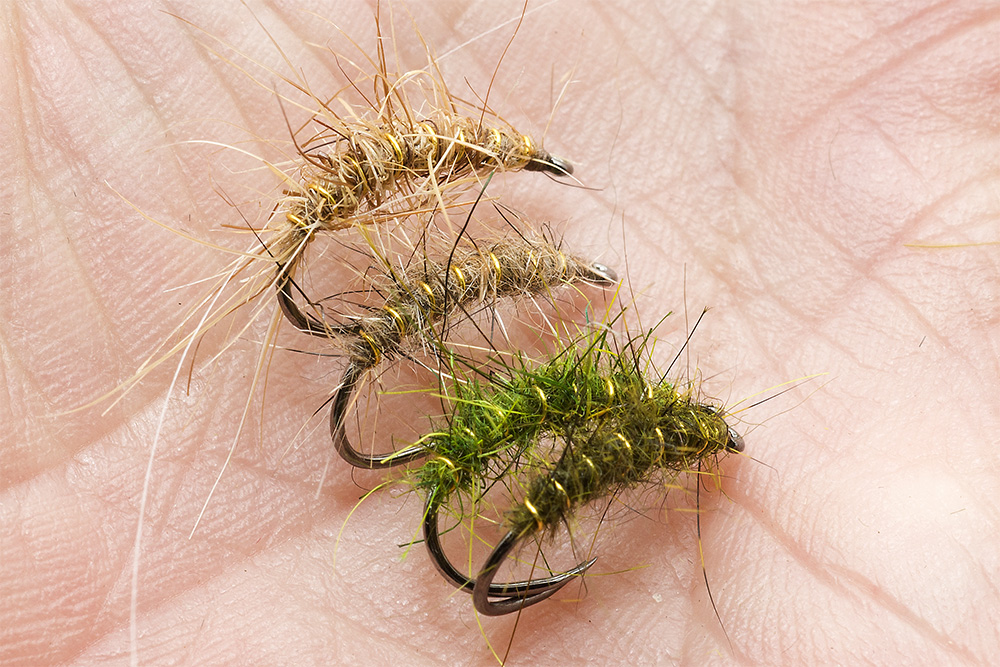
Mad Dubbing is made of Transylvanian Hare -mask fur only. The fur is cut by hand with sharp scissors. All fur is from mask and ears and a little bit from hare cheeks to provide a better balance between softness and stiffness.
That takes a lot of time and attention and depending of how big or small is the mask I obtain around 3 or 4 bags of high quality dubbing.
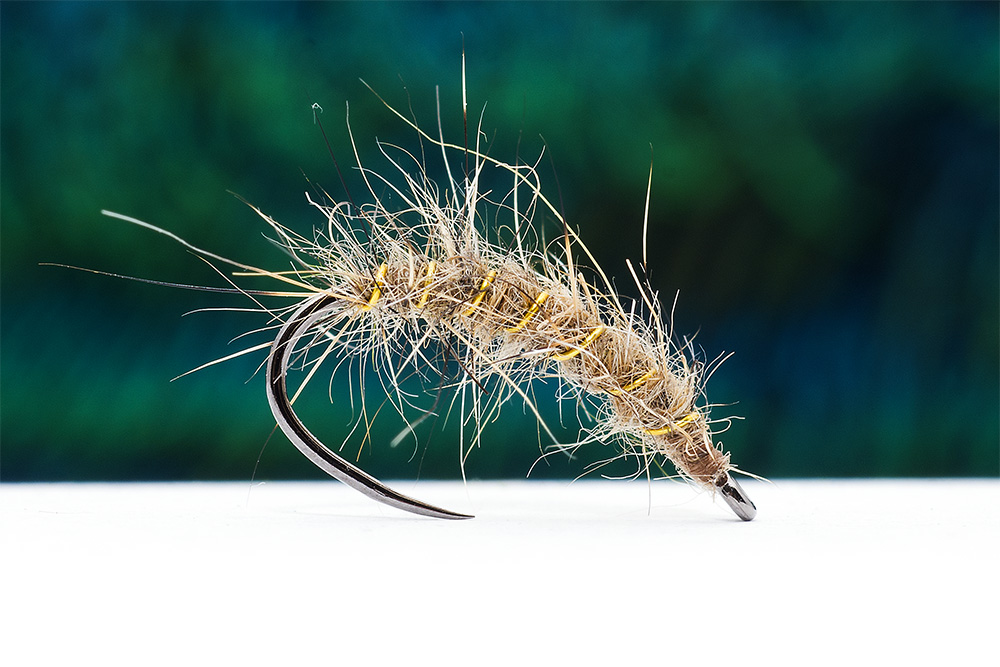
Pure Squirrel Dubbing – is made of squirrel fur only. Troutline has 2 type of squirrel: pine squirrel which is smaller with shorter fur and grey Russian squirrel which is bigger with longer fur. Both have superb fur structure.
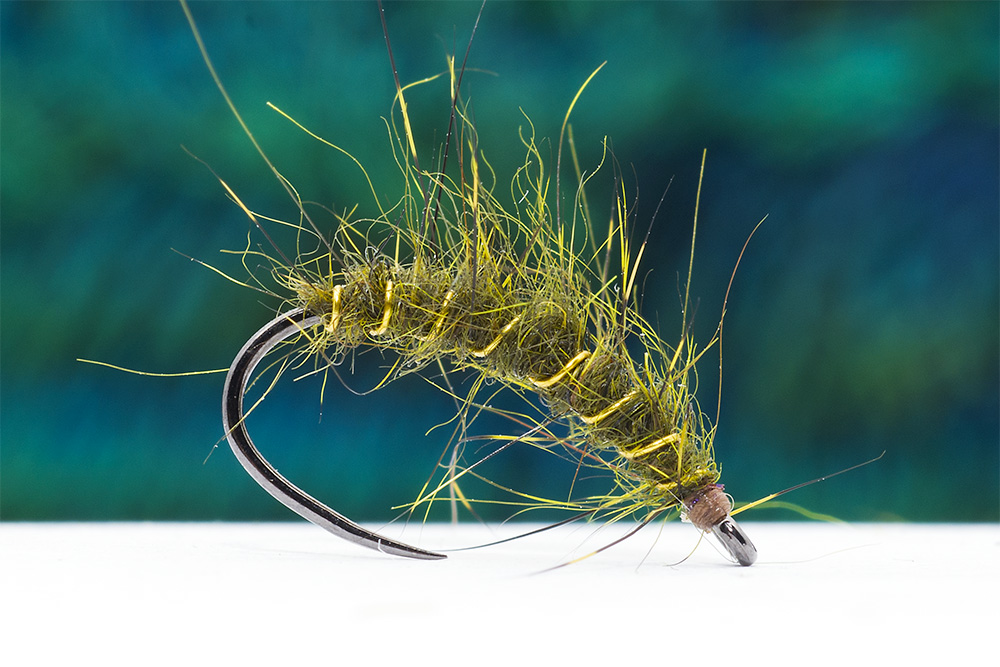
Nutria Guard Dubbing – is made of nutria body fur and contains 90% guard fur, as you can see bellow it is very stiff and kinky.
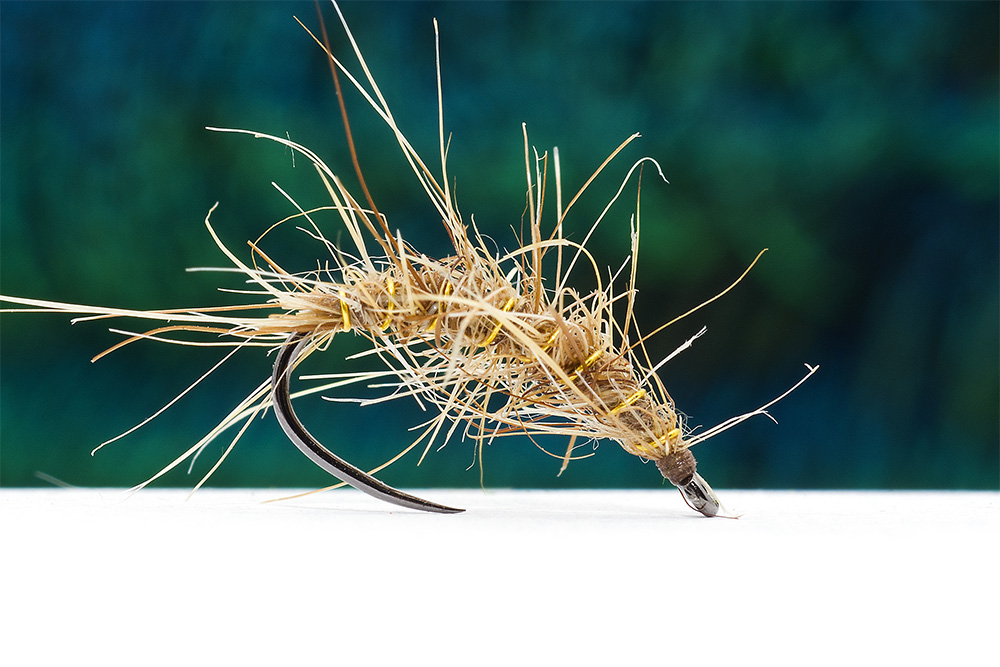
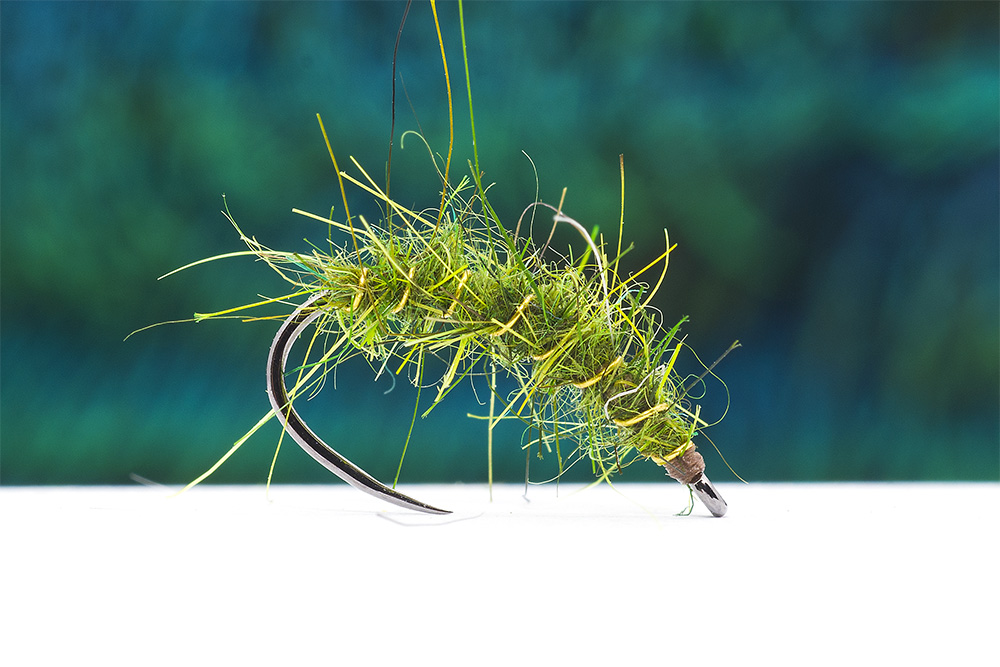
The Mad Rabbit Dubbing ( hare mask fur ) the fibers are nice pigmented, tapered and short. Squirrel fur has longer fur fibers but they are thinner.
More stiffer are Argentinian and Nutria dubbing.
The Argentinian fur is more coarse compared with squirrel and European hare. In Argentina the wind is blowing a lot and the environment is very tough. Argentinian hare has more dense fur compared with our European hare. Argentinian dubbing is great for medium and medium large flies, can be combined easily with other dubbing ( natural or synthetic ).
But the thickest is the Nutria fur, very coarse dubbing and challenging in trying to adhere to the tying thread. I consider it perfect for large flies like Saltwater Gammarus, Shrimps or big flies like large Stone Flies from fresh rivers. It can be combined with other softer dubbing to modify the mix structure and to provide a more spiky look.

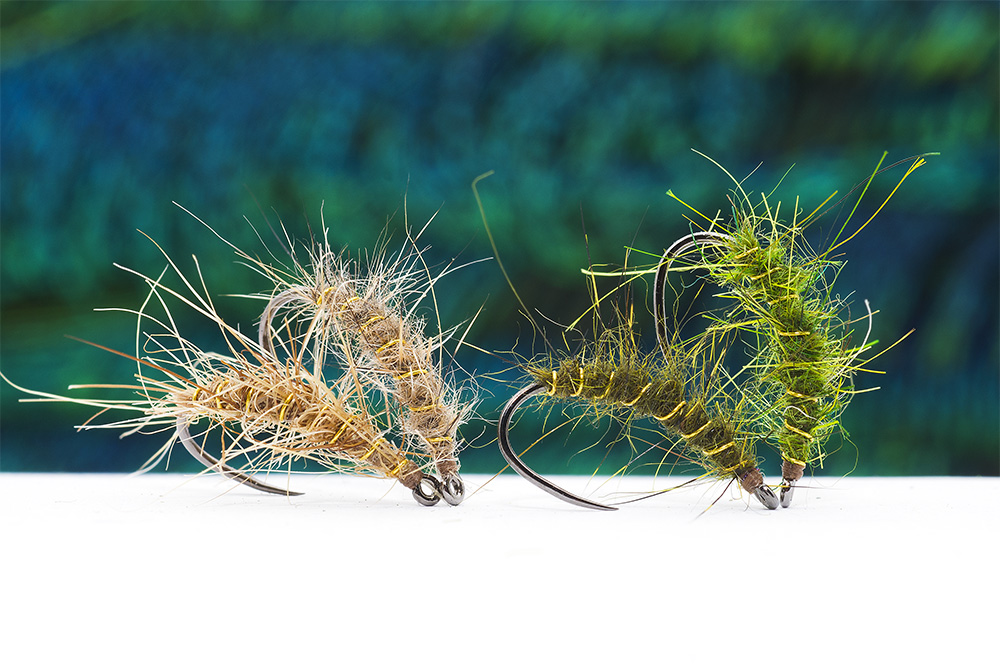
Keep in mind that the dubbing is twisted directly on the tying thread. When dubbing wax is used, the dubbing will be more better fixed but will loose the spikiness aspect. Another technique is to trap the fur in a dubbing loop. The effect is different: more spiky look. The result is a dubbing thread with larger and more consistent diameter. It suits for medium and large flies because the dubbed body will be more thicker.
Troutline provides all these dubbing, you can click on the links bellow so that you can see the color options:
Of course you can find them in other shops, maybe in your local favorite shop too. I consider these dubbing a “must” for any tier and I invite you all beginners to test and use them:)
Cheers
Lucian

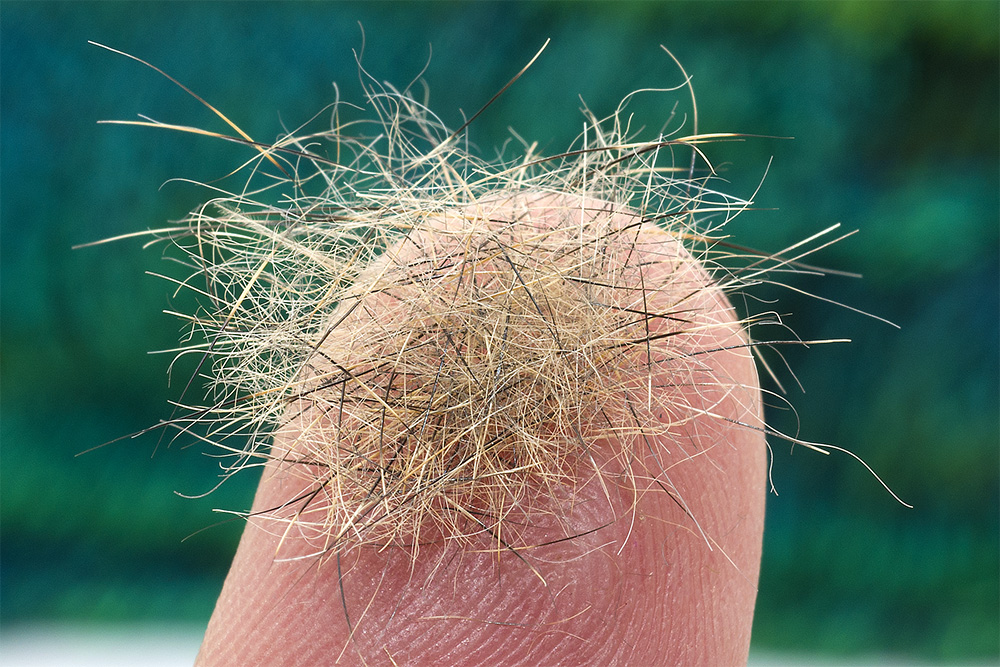
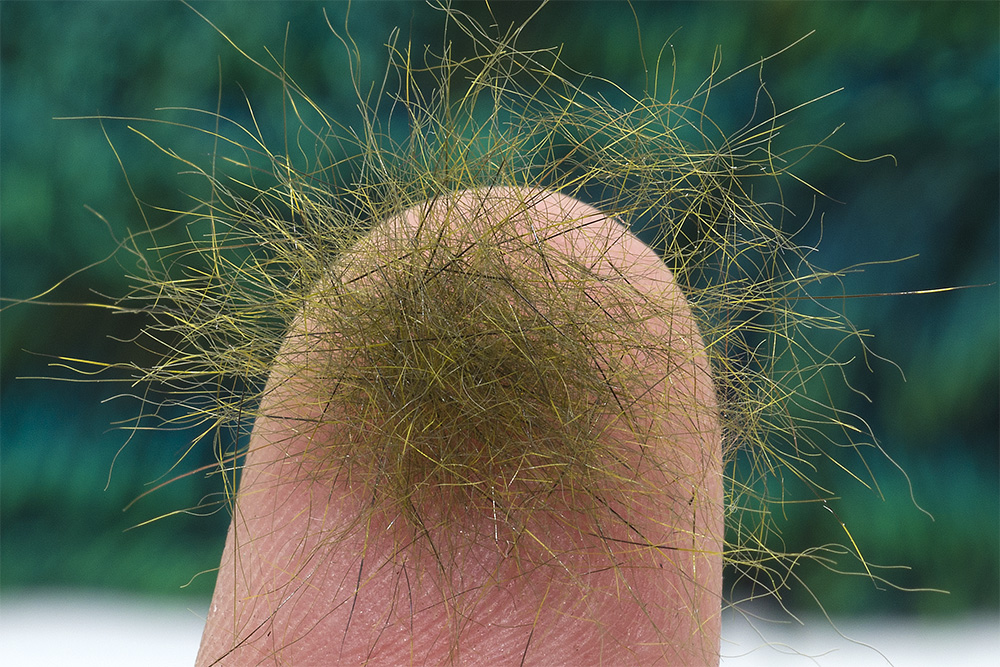
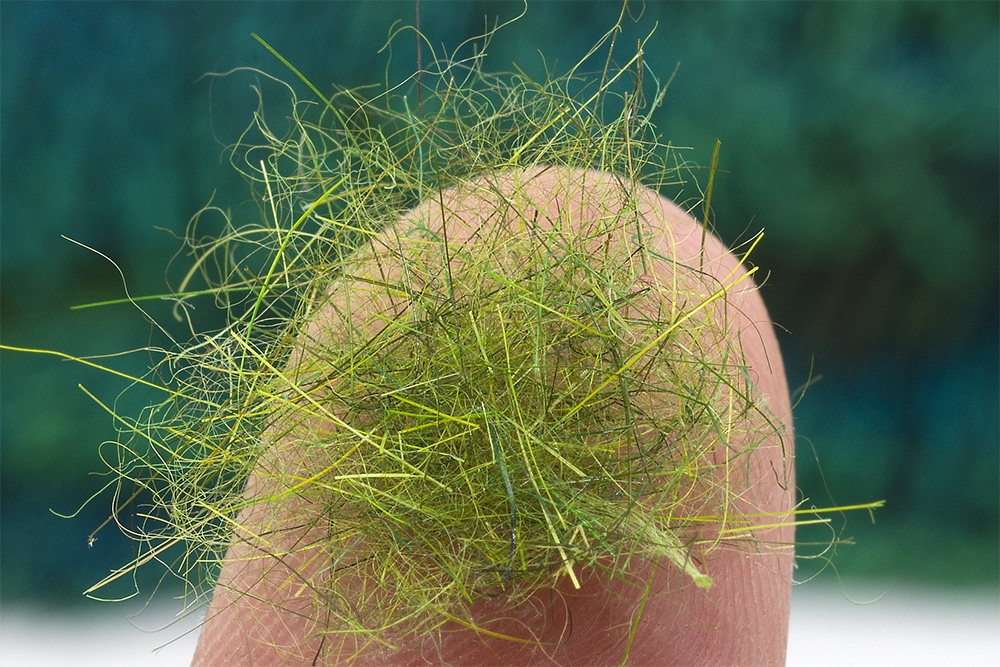
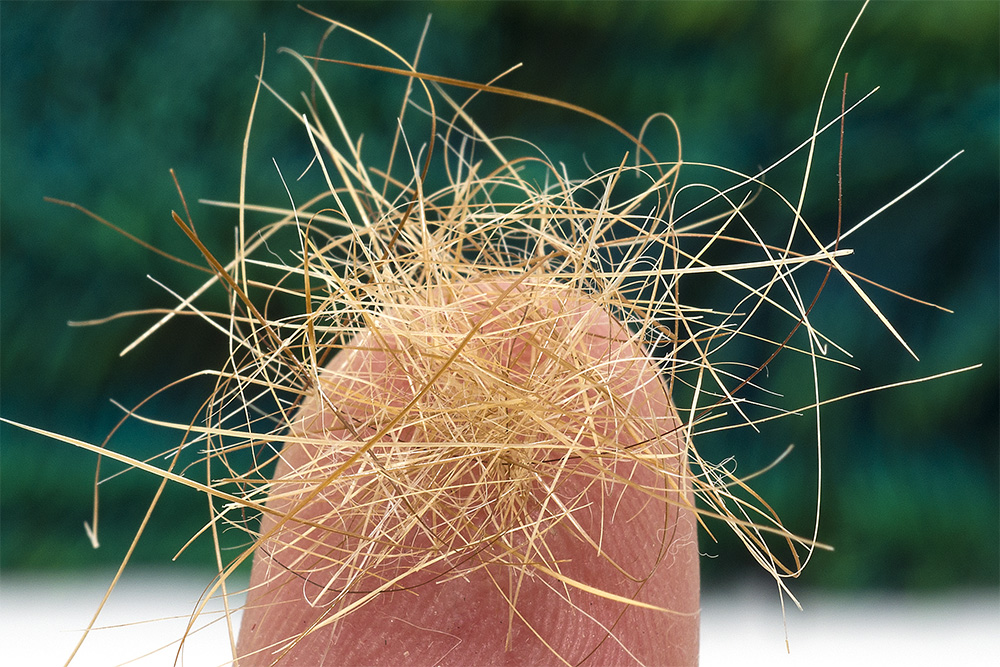
January 20, 2022
Lucian,
You have explained everything in a totally different way, and may I say without wishing to be rude ‘simply’ explained.
The simple Gammarus is a much underestimated fly, add a little weight…BOOM!
Thankyou.
Paul
January 20, 2022
Few are competent in examining various materials as minutely as in this case the “Dubbing”, soul and heart of every major imitation. The examination of the materials was meticulous, perfect and even fussy, with a hint of perfectionism, an increasingly rare virtue. Both beginners and the best Fly Tyers should take advantage of these tips, it is not easy nowadays to find, to have an expert and excellent advisor for both Fly Tying and Flyfishing like Lucian!
Emanuele
January 21, 2022
Thank You Lucian:
This is an excellent guide to the “new” fur blends.. I still use a lot of mole and seal for my wet flies, but will take these new options into consideration. Again Thanks
January 26, 2022
Hi Lincoln,
Thanks for your kind words 🙂